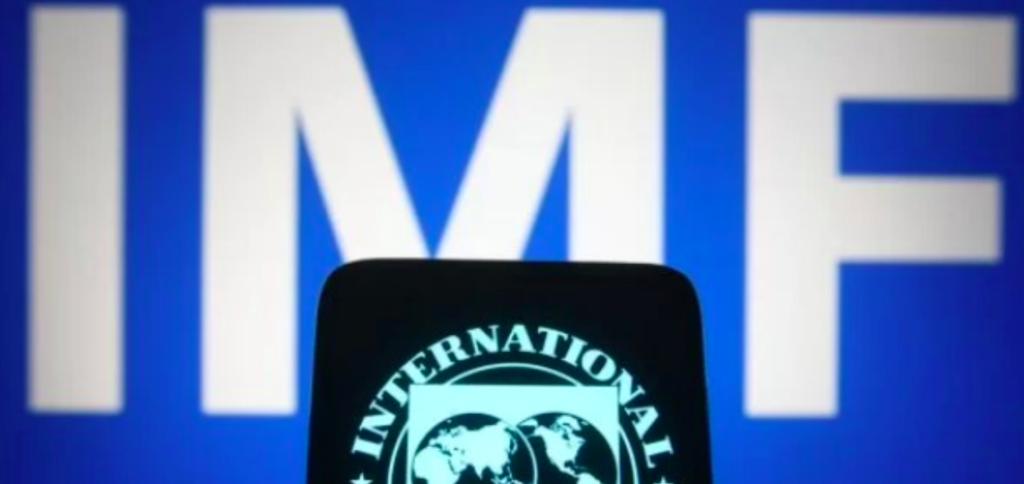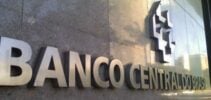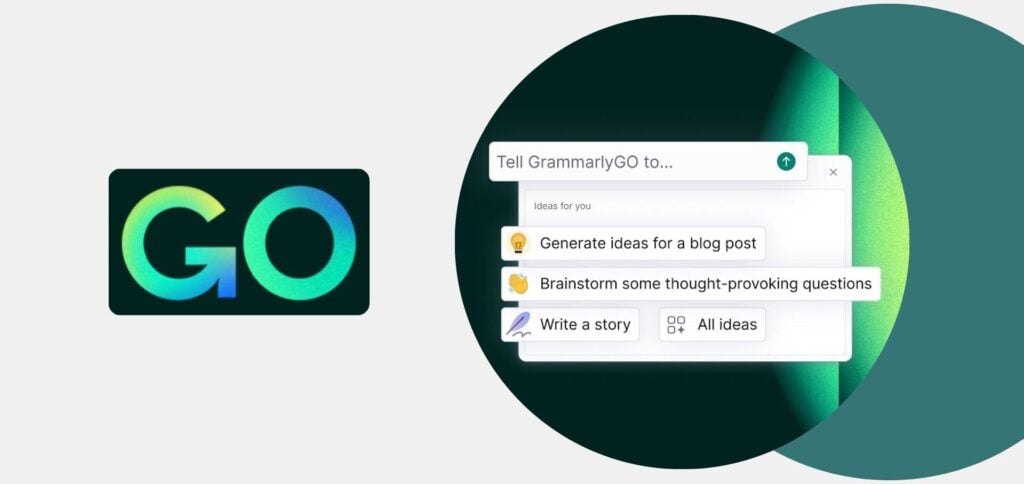O IMF works to achieve sustainable growth and prosperity for all of its 190 member countries. To this end, he supports economic policies that promote financial stability and monetary cooperation, essential for increasing productivity, job creation and economic well-being (IMF🇬🇧).
ADVERTISING
🎥 Worth watching ⤵️
But what does the IMF do?
These are objectives established by the IMF:
- Promote global monetary cooperation;
- Facilitate the expansion and balanced growth of international trade;
- Promote exchange rate stability;
- Assist in the creation of a multilateral payments system;
- Make resources available (with due safeguards) to member countries with balance of payments problems.
All these conditions that the organization wants to “promote”, “facilitate”, “foster”, etc. can be included in the objective of preservation of global economic stability, which seeks to avoid widespread catastrophes, such as the 1929 crisis.
⚠️ What was the crisis of 1929? (Politicize!)
It is worth remembering that one of the most important factors for the economic health of a country is its balance of payments.
Basically, this balance represents the sum of the money coming in and the money that goes out of a country. A healthy balance sheet is generally one that is close to a surplus, that is: one that has an input value greater than the output value. In general, it is good for a country to sell more than it buys, or to receive more than it loses.
ADVERTISING
Like IMF assumes that developing or keeping these factors balanced benefits the world economy, most of its efforts are focused on them.
But how does the IMF carry out its work?
From 3 basic activities:
- Real Time: THE IMF monitors the economic policies of member countries at national, regional and global levels. This monitoring is done in the form of constant studies, which include visits to countries and discussions with their authorities on monetary, fiscal and regulatory policies. In this way, the organization is able to suggest changes, alert its members about risks and prevent possible crises.
- Financial Assistance: THE IMF has a cash reserve — a background — financed by all its member countries, with each country contributing a share. Nations suffering or at risk of suffering a balance of payments crisis can borrow money from this fund to rebalance their situation. It is important to mention that, to grant a loan, the IMF requires the implementation of certain policies and adjustments to a country's economy, which includes a list of goals imposed by the organization.
- Training: THE IMF provides technical assistance and training to member countries to assist in their economic development. Training includes formulating and implementing administrative practices, monetary and banking policies, fiscal regulations, expense management, etc.
IMF Structure
The headquarters of IMF is located in Washington, DC, in the United States and, since 2019, Kristalina Georgieva is its managing director.
The highest ranking body within the organization is the Board of Governors. Each member country is represented by a Governor, who is normally the Minister of Finance or head of that country's Central Bank. Brazil, for example, is represented by its Minister of Economy.
ADVERTISING
O voting power of each member depends on their participation quota in the IMF, that is, the system is not “one country one vote”, but is proportional to the amount invested in the Fund. Member dues can be checked at IMF page 🇬🇧.
Another important body is the Board of Directors. It is made up of 24 Directors, elected by the Governors themselves. The Board is responsible for managing the day-to-day activities of the IMF.
@curtonews The International Monetary Fund (#IMF) ♬ original sound – Curto News

We can therefore say that the IMF It is one of the greatest pieces on the international scene. This is because the organization not only lends money in emergency situations, but also monitors the global economic panorama, and even has great influence on countries' domestic policies.
ADVERTISING
Curto curation:
- International Monetary Fund – IMF (Ministry of Economy)
- IMF: what it is, objectives, members, criticism (Education World)
- IMF: What is it and why does it matter? (BBC*)
Read also
(🇬🇧): content in English
(*): Content in other languages translated by Google Tradutor
(🚥): may require registration and/or subscription




